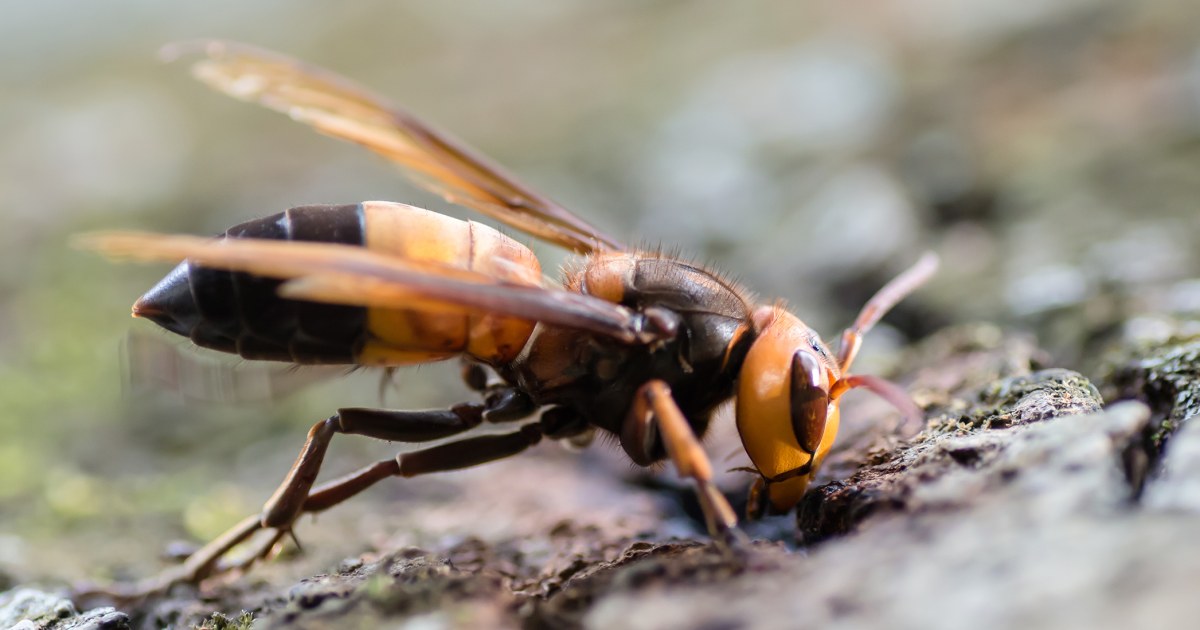A recent study by the Environmental Working Group revealed that conventionally grown produce in stores contained high levels of fungicides in 2024.
In their 2024 Shopper's Guide to Pesticides, the EWG explains that the data was derived from the Department of Agriculture and the Food and Drug Administration tests on 47,510 samples of 46 different fruits and vegetables.
The EWG highlights the "Dirty Dozen," a list of the top 12 produce items with the highest fungicide and pesticide residue levels. They also feature the "Clean Fifteen," which includes the top 15 produce items with the lowest levels of residue.
Here's what we know about the list.
The "Dirty Dozen" had the highest levels of pesticides on them
The "Dirty Dozen" study reveals that 209 pesticides were found on these 12 produce items, with over 50 pesticides detected on samples from each item.
Here is the "Dirty Dozen" list:
Strawberries
Spinach
Kale, collard and mustard greens
Grapes
Peaches
Pears
Nectarines
Apples
Bell and hot peppers
Cherries
Blueberries
Green beans
What are the cleanest produce products?
In contrast to the "Dirty Dozen" results, 65% of the fruits and vegetables on the "Clean Fifteen" list had no detectable pesticide residue, while 10% had residues of two or more pesticides.
Here are the "Clean Fifteen":
Avocados
Sweet corn
Pineapple
Onions
Papaya
Frozen sweet peas
Asparagus
Honeydew melon
Kiwi
Cabbage
Watermelon
Mushrooms
Mangoes
Sweet potato
Carrots
What types of fungicides were present on the produce?
Fungicides like fludioxonil and pyrimethanil, found on these produce items, can disrupt human hormone systems due to their endocrine-disrupting properties and have been linked to thyroid disruptions.
While having fresh fruits and vegetables in the home is important for a healthy diet, it is essential to be mindful of fungicides and other pesticides that can remain on produce even after washing.
To read the full report, you can visit the EWG website.
Jennifer Lindahl is a Breaking and Trending Reporter for the Deep South Connect Team for Gannett/USA Today. Connect with her on X @jenn_lindahl and email at jlindahl@gannett.com.
This article originally appeared on Montgomery Advertiser: Which fruits and vegetables show high levels of pesticides?
.png)









 English (US) ·
English (US) ·